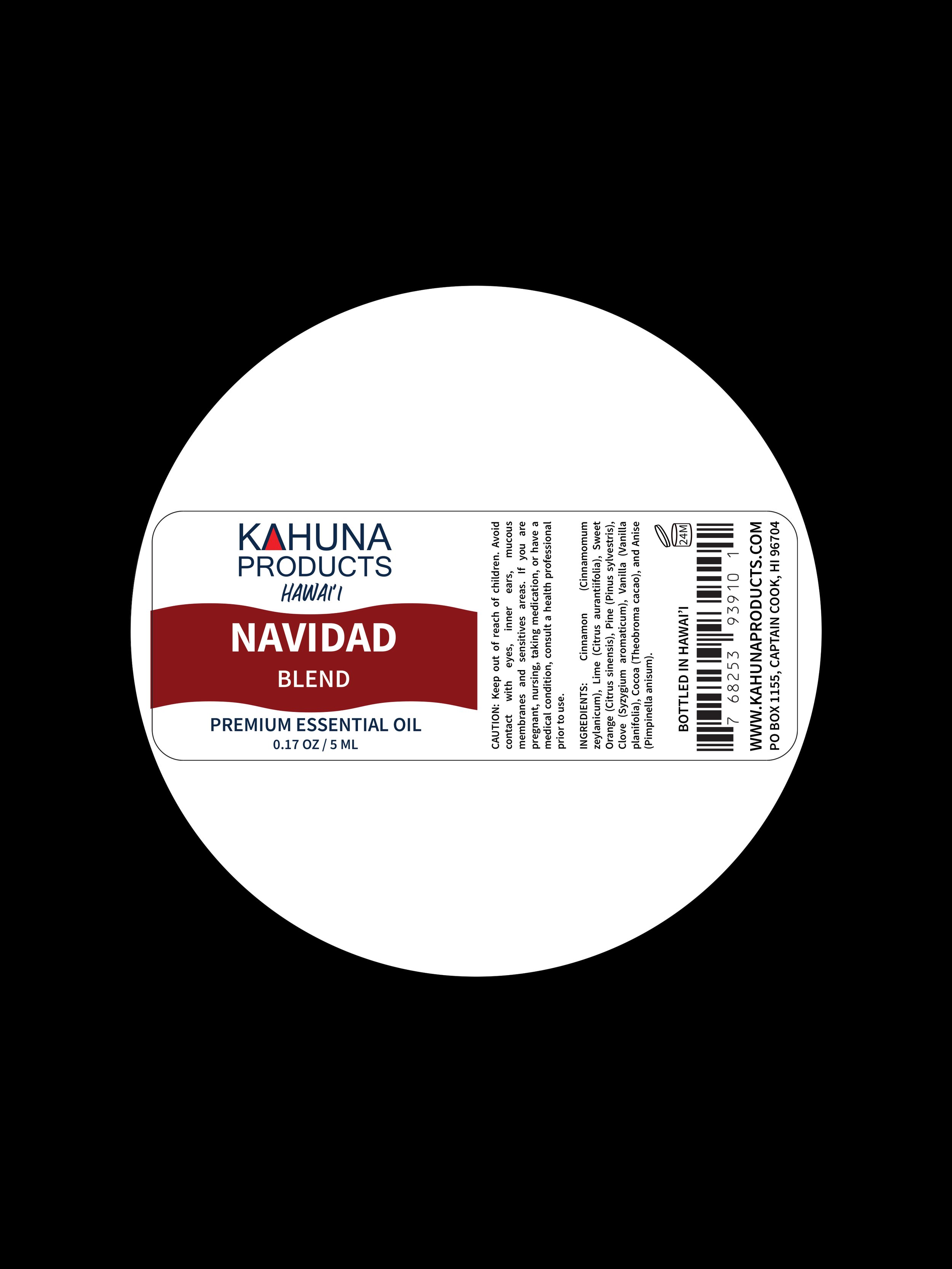 Image 1 of 2
Image 1 of 2

 Image 2 of 2
Image 2 of 2



NIAOULI ESSENTIAL OIL
Melaleuca quinquenervia viridiflora, commonly known as Niaouli, or Broad-leaved Paperbark, or simply as the Broad-leaved Tea Tree, is a species of Melaleuca native to Australia. The essential oil derived from this plant is often referred to as Niaouli essential oil. Here are some of its potential benefits and aromatherapy uses:
Respiratory Health: Niaouli essential oil is believed to have decongestant properties, making it beneficial for respiratory issues like coughs, colds, and congestion. It can be used in steam inhalation or diffused in the air to help clear the airways.
Immune Support: Like many essential oils, Niaouli oil is thought to have antimicrobial properties, which may help support the immune system and protect against infections. Diffusing it in your living or working space may help reduce airborne pathogens.
Skin Care: Niaouli oil is often used in skincare due to its potential antiseptic and anti-inflammatory properties. It may help with minor cuts, scrapes, insect bites, and acne. However, it's essential to dilute it properly before applying it to the skin to avoid irritation.
Mental Clarity: The aroma of Niaouli oil is considered refreshing and invigorating. It may help clear the mind, improve focus, and enhance mental clarity. Diffusing it during study or work sessions could be beneficial.
Muscle Pain Relief: Some people use Niaouli oil topically to alleviate muscle aches and pains. Mixing it with a carrier oil and massaging it into sore muscles may provide relief.
Wound Healing: Due to its antiseptic properties, Niaouli oil may promote wound healing and prevent infections. However, it should not be applied directly to open wounds and should always be diluted.
Insect Repellent: The scent of Niaouli oil is believed to repel insects, making it a natural alternative to chemical-based insect repellents. You can dilute it in a carrier oil and apply it to exposed skin or diffuse it indoors to deter insects.
Remember to always dilute essential oils properly before using them on the skin, and perform a patch test to check for any adverse reactions. Additionally, consult with a qualified aromatherapist or healthcare professional, especially if you have any underlying health conditions or are pregnant or breastfeeding.
Melaleuca quinquenervia viridiflora, commonly known as Niaouli, or Broad-leaved Paperbark, or simply as the Broad-leaved Tea Tree, is a species of Melaleuca native to Australia. The essential oil derived from this plant is often referred to as Niaouli essential oil. Here are some of its potential benefits and aromatherapy uses:
Respiratory Health: Niaouli essential oil is believed to have decongestant properties, making it beneficial for respiratory issues like coughs, colds, and congestion. It can be used in steam inhalation or diffused in the air to help clear the airways.
Immune Support: Like many essential oils, Niaouli oil is thought to have antimicrobial properties, which may help support the immune system and protect against infections. Diffusing it in your living or working space may help reduce airborne pathogens.
Skin Care: Niaouli oil is often used in skincare due to its potential antiseptic and anti-inflammatory properties. It may help with minor cuts, scrapes, insect bites, and acne. However, it's essential to dilute it properly before applying it to the skin to avoid irritation.
Mental Clarity: The aroma of Niaouli oil is considered refreshing and invigorating. It may help clear the mind, improve focus, and enhance mental clarity. Diffusing it during study or work sessions could be beneficial.
Muscle Pain Relief: Some people use Niaouli oil topically to alleviate muscle aches and pains. Mixing it with a carrier oil and massaging it into sore muscles may provide relief.
Wound Healing: Due to its antiseptic properties, Niaouli oil may promote wound healing and prevent infections. However, it should not be applied directly to open wounds and should always be diluted.
Insect Repellent: The scent of Niaouli oil is believed to repel insects, making it a natural alternative to chemical-based insect repellents. You can dilute it in a carrier oil and apply it to exposed skin or diffuse it indoors to deter insects.
Remember to always dilute essential oils properly before using them on the skin, and perform a patch test to check for any adverse reactions. Additionally, consult with a qualified aromatherapist or healthcare professional, especially if you have any underlying health conditions or are pregnant or breastfeeding.
-
INCI NAME: Melaleuca Quinquenervia Viridiflora (Niaouli) Leaf Oil.
ORIGIN: Australia. Bottled in Hawai’i.
PART USED: Leaves.
EXTRACTION METHOD: Steam Distilled Essential Oil.
NOTE CLASSIFICATION: Top Note.
-
Niaouli essential oil, derived from Melaleuca quinquenervia viridiflora, blends well with a variety of other essential oils, enhancing both its aroma and therapeutic properties. Here are some oils that it blends harmoniously with:
Lavender: Combining Niaouli with Lavender essential oil creates a calming and soothing blend that's great for promoting relaxation and easing tension.
Tea Tree: Since both Niaouli and Tea Tree oils come from the same botanical family, they complement each other well in blends designed for purifying the air and supporting immune function.
Eucalyptus: These oils share similar properties and scents, making them an excellent combination for respiratory support and clearing congestion.
Peppermint: Mixing Niaouli with Peppermint essential oil creates a refreshing and invigorating blend that can help boost mental clarity and alleviate headaches.
Lemon: Adding Lemon essential oil to Niaouli creates a bright and uplifting aroma, perfect for diffusing to freshen up a space and promote a positive atmosphere.
Geranium: Geranium oil adds a floral note to Niaouli blends while enhancing its skin-soothing properties. It's a great combination for skincare formulations.
Frankincense: Combining Niaouli with Frankincense essential oil creates a grounding and spiritually uplifting blend that's great for meditation and relaxation.
Cypress: Cypress oil complements Niaouli well in blends designed for respiratory support and promoting emotional balance.
Rosemary: Mixing Niaouli with Rosemary essential oil creates a stimulating and energizing blend that's beneficial for improving focus and concentration.
Clary Sage: Blending Niaouli with Clary Sage essential oil creates a calming and balancing blend that's great for reducing stress and promoting emotional well-being.
These are just a few examples, but feel free to experiment with different combinations to find what works best for you and your specific needs. Always remember to dilute essential oils properly and perform a patch test before using them on your skin.
-
They can be inhaled directly from the bottle, diffuser, or humidifier.
They should be diluted with a carrier oil when applied to your skin. We suggest a 4% dilution rate.
You can also add them to your favorite skincare products.
Essential oils are not safe for consumption unless you are under a health practitioner's guidance.
-
100% Pure Essential Oil.
Unrefined, Undiluted, No Fillers, No Synthetics, Organic, and Sustainably sourced.
-
0.33 oz / 10 ml
Amber glass bottle with euro dropper.
-
Keep out of reach of children. The bottles are a choking hazard. Avoid contact with eyes, inner ears, mucous membranes, and sensitive areas. If you are pregnant, nursing, taking medication, or have a medical condition, consult a health professional prior to use.
Animals are more sensitive to certain scents; consider your pets while choosing essential oils.
While not all essential oils have the same effect on everyone, the key is finding which ones work best for you. You are the individual and know what is best for you. So experiment and find your path.
The products described on this website are not intended to diagnose, treat or prevent any disease or to affect any structure or function of the skin or body. The information on this website is not medical advice and is not a substitute for consulting with a healthcare provider.





